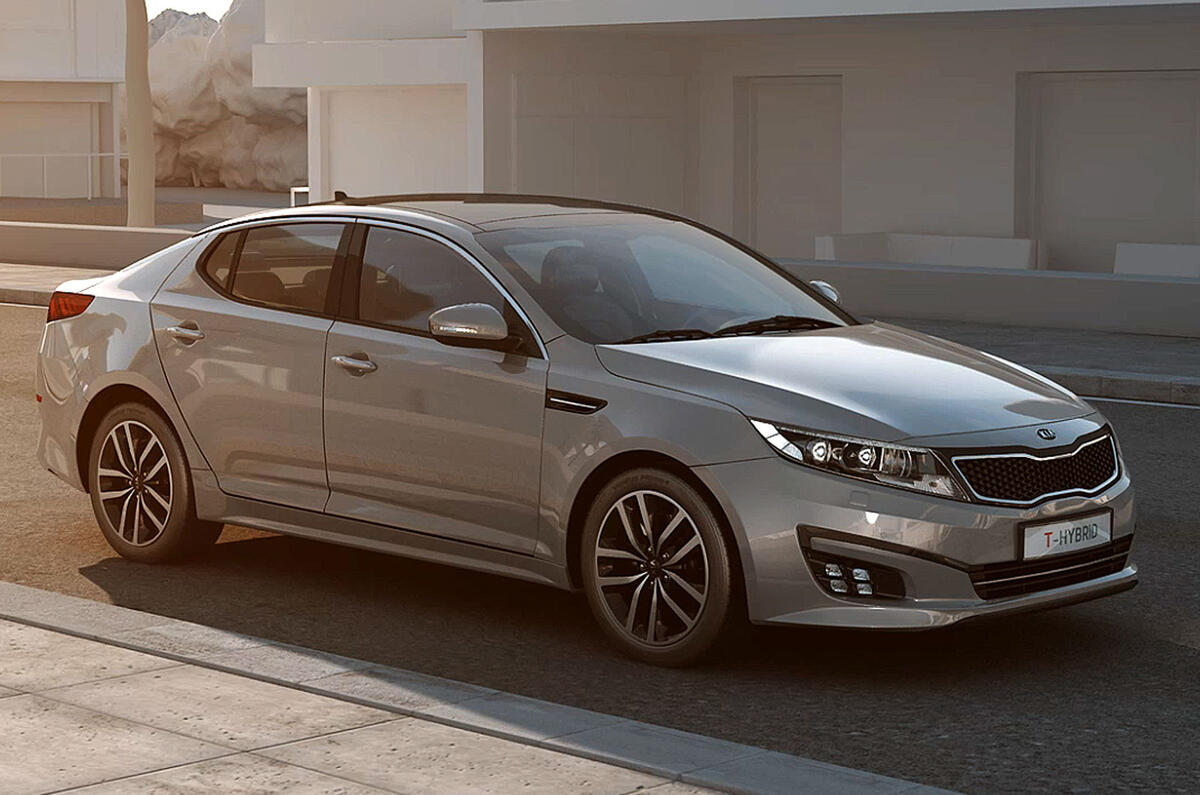Kia is considering shelving its electrically boosted hybrid diesel engine project as the Dieselgate fallout continues.
Although the project is still officially under way, Kia performance development boss Albert Biermann has admitted it is becoming hard to justify the development of more expensive diesel engines in the face of increasingly tough emissions standards.
“The research project is still going on,” Biermann told Autocar, “but the cost of electric motors and batteries in a hybrid is already significant. The question is whether it is really necessary to throw in a more expensive diesel engine.”
The research is unlikely to be wasted. Biermann suggested the hybrid system might well be re-engineered to work with a petrol engine. He said: “We also have a very efficient Atkinson-cycle gasoline engine, so I think that is the good choice here.”
The project was introduced with the Optima T-Hybrid, which was first shown at the 2014 Paris motor show. This featured the familiar Hyundai-Kia 1.7 CRDi diesel engine, which was boosted by a 48V electric supercharger - similar in principle to the one Audi has just introduced on the considerably more expensive V8-powered SQ7 TDI. This set-up worked in conjunction with a 48V starter/generator that turned it into a mild hybrid.
Kia estimated that a production version would be able to cut the emissions and fuel consumption of any car it was fitted to by 15-20%.




Join the debate
Add your comment
Cost
Ditch the diesel
Diesel hybrid is a terrible